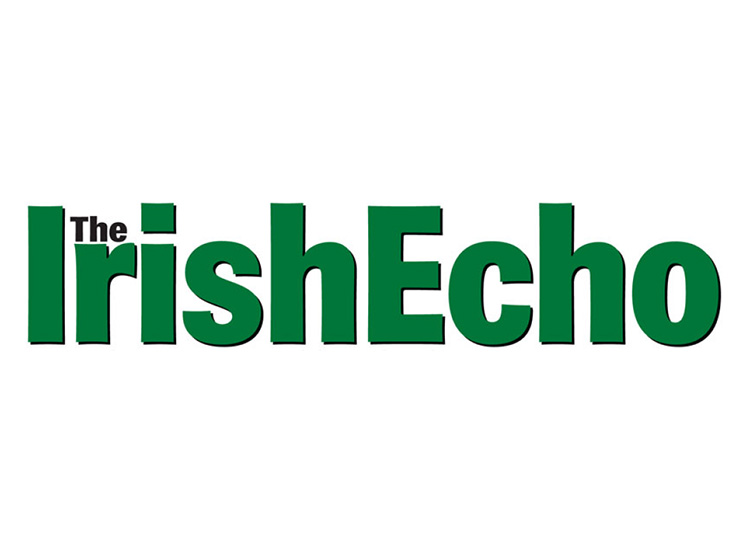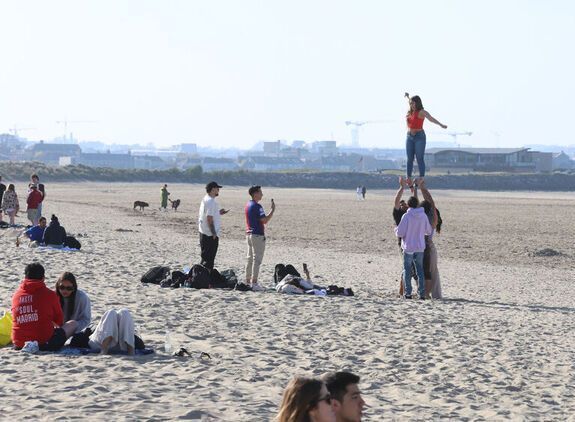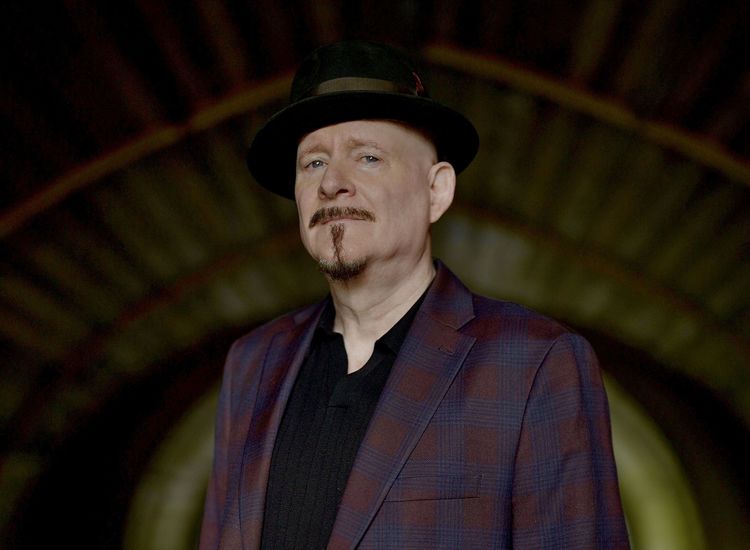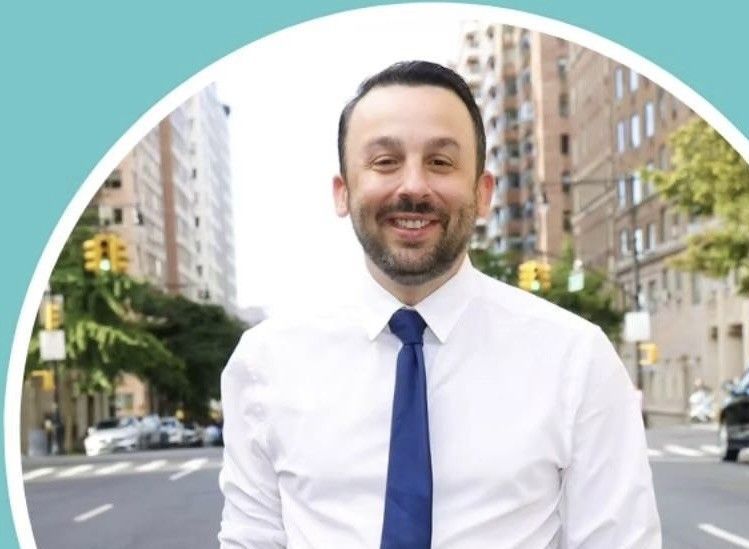By Peter McDermott
Dan Silva is a man obsessed.
He is due to attend a wedding in Ireland on May 1, and so he thought this was as good a time as any to research his roots in that country.
"I've spent 60 hours on this in the past week, if not 70, and just 10 hours on real estate, my business," Silva said. "My girlfriend is very upset."
Even at a recent meeting of the Irish/British Genealogy Group at Hurley's Bar near Times Square, he spent much of the time at his laptop, engrossed in his search for ever more ancestors and distant living relatives.
"You're not going to keep up the pace," said Michael Cassara, from across the table.
"I can't," Silva replied. "I'd go broke."
Seven had gathered on the Sunday after St. Patrick's Day to chat informally over a meal, which is the format developed by founder Bridget Bray, who is originally from Canada.
She started the group in 2009 via the online social networking portal Meetup.com, which facilitates offline meetings of people with similar interests. Bray posted: "I love genealogy. I wonder if anyone else in NYC does?"
"Since that time a small but mighty group of 64 members have joined," she said.
"We catch up and exchange ideas, tips, share resources, share exciting discoveries," Bray added about the monthly meeting.
"I used the Irish/British theme as those are my roots," she said.
Her interest began with a great-grandfather named Ryan who was born in Ireland and died in England.
"I had a death certificate and a few recalled memory points from my mother. That was it," she said. Then, over a two-year period she pieced together an outline of his life through a search of wills and other records.
"You can start with very little and be successful in uncovering a lot," she said.
Beyond his grandparents, Silva only had some information about granduncles and grandaunts and one set of great-grandparents.
His name comes from his Mexican Aztec heritage, but three quarters of his roots can be traced to Ireland, particularly County Donegal. Now he's made contact with distance cousins via the web. He believes he's even found a living celebrity in his extended family tree. "Susan Boyle. There's some kind of connection there," Silva said of the Scottish star who made her breakthrough on "Britain's Got Talent."
Several of the Donegal bloodlines converged on Bayonne, N.J. One branch was named Sweeney, whose multitudes present certain challenges for searchers with Donegal roots. (Terence Doran, another of seven that gathered in Hurley's, also has New Jersey Sweeneys in his background.) Nonetheless Silva has, with the help of newspaper obituaries and other records, been able to find hard evidence that backs up family information.
He said: "There's a rush when you find out exactly who your ancestors were."
"I was spurred on by NBC's 'Who Do You Think You Are?'" said Joanne Dillon, who is a vice-president at J.P. Morgan.
She does know well, however, that she is the daughter of immigrant parents who were born in Listowel, Co. Kerry, in 1907 and 1910 and that they both went to Dromerin National School.
"In the old days, after the big Sunday dinners, my mother and father would tell the family stories," Dillon said. "Now that my parents are dead and everybody is scattered all over the United States, I'd like to know more. I heard all the stories; now I want to find out the truth."
Others are interested, too. A query from a young London-based colleague recently popped up on her computer screen, courtesy of J.P. Morgan's instant-messaging system. It read: "Are you the Joanne Dillon who is related to my Great Aunt Tess and my grandfather James?"
"He was referring to my mother and my Uncle Jimmy," she said. "So he's my first cousin, once removed."
Dillon can trace back to a great-grandfather named Michael Lynch, a teacher at Rathea School House; but she's most interested in documenting her parents' generation and the lives they led. "It's a bit daunting," she said, adding that one was born into a family of 14 children and the other was one of 12.
Although Dillon ultimately opted for a career in finance, she had been an English major and had a particular fascination for oral history. Now she's found two cassette tapes that her sister made of interviews with her mother.
"I'm just at the beginning of my search," she said. The March meeting was only her second, though she'd joined last fall.
"Hats off to Bridget for organizing the group," Dillon said.









